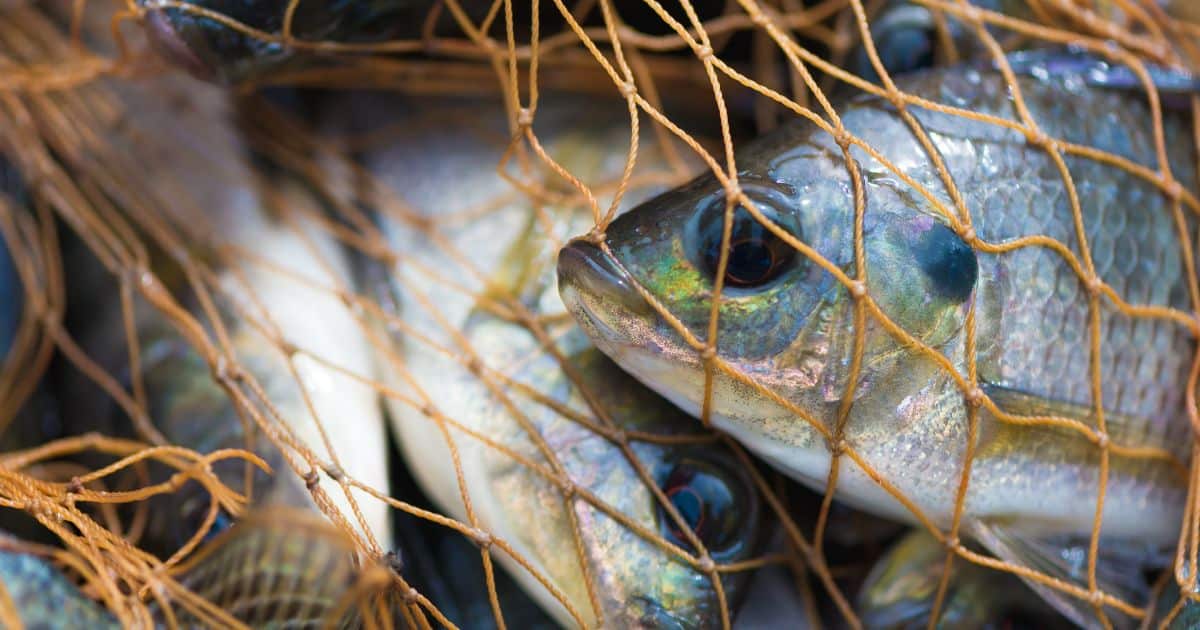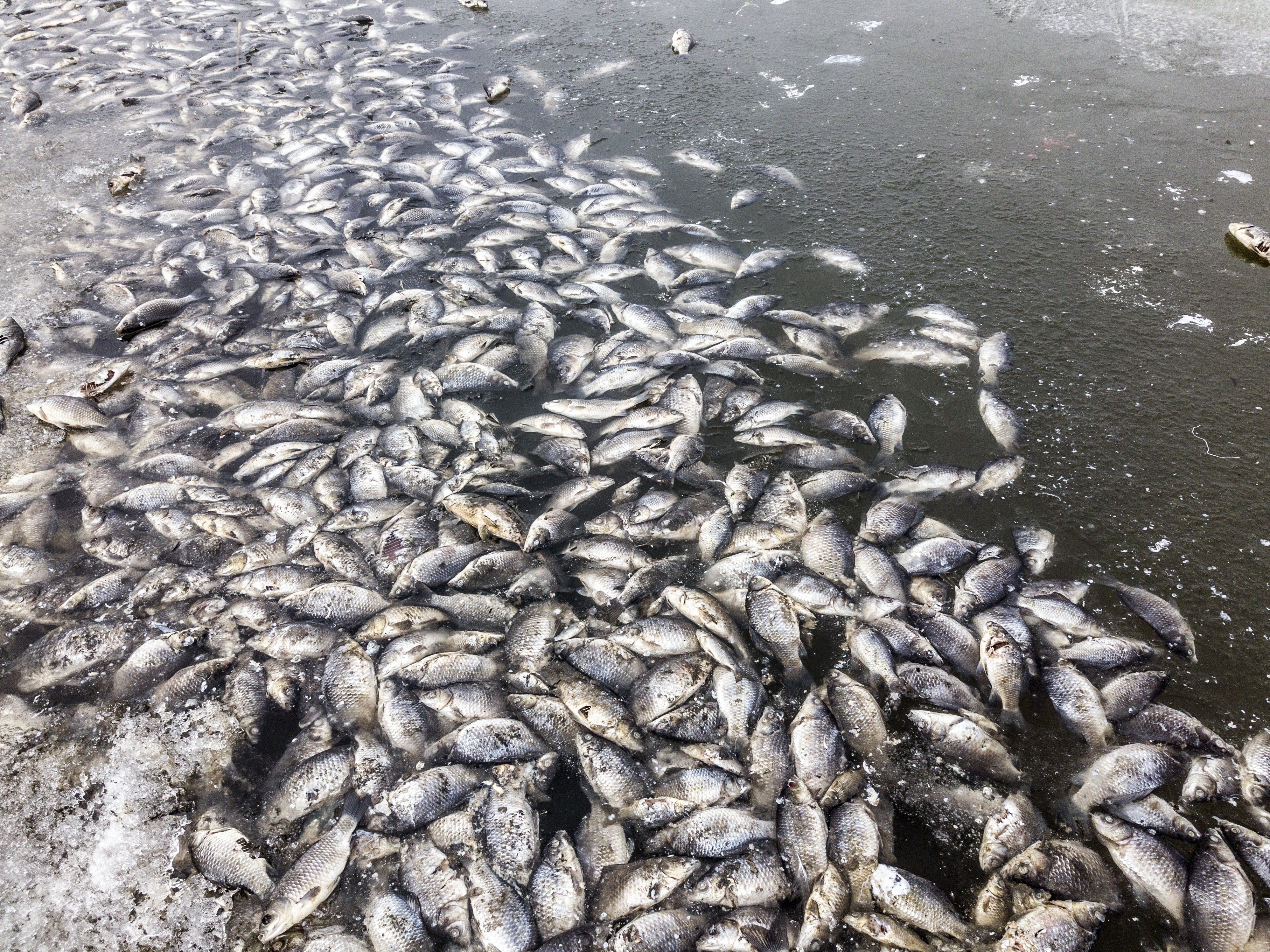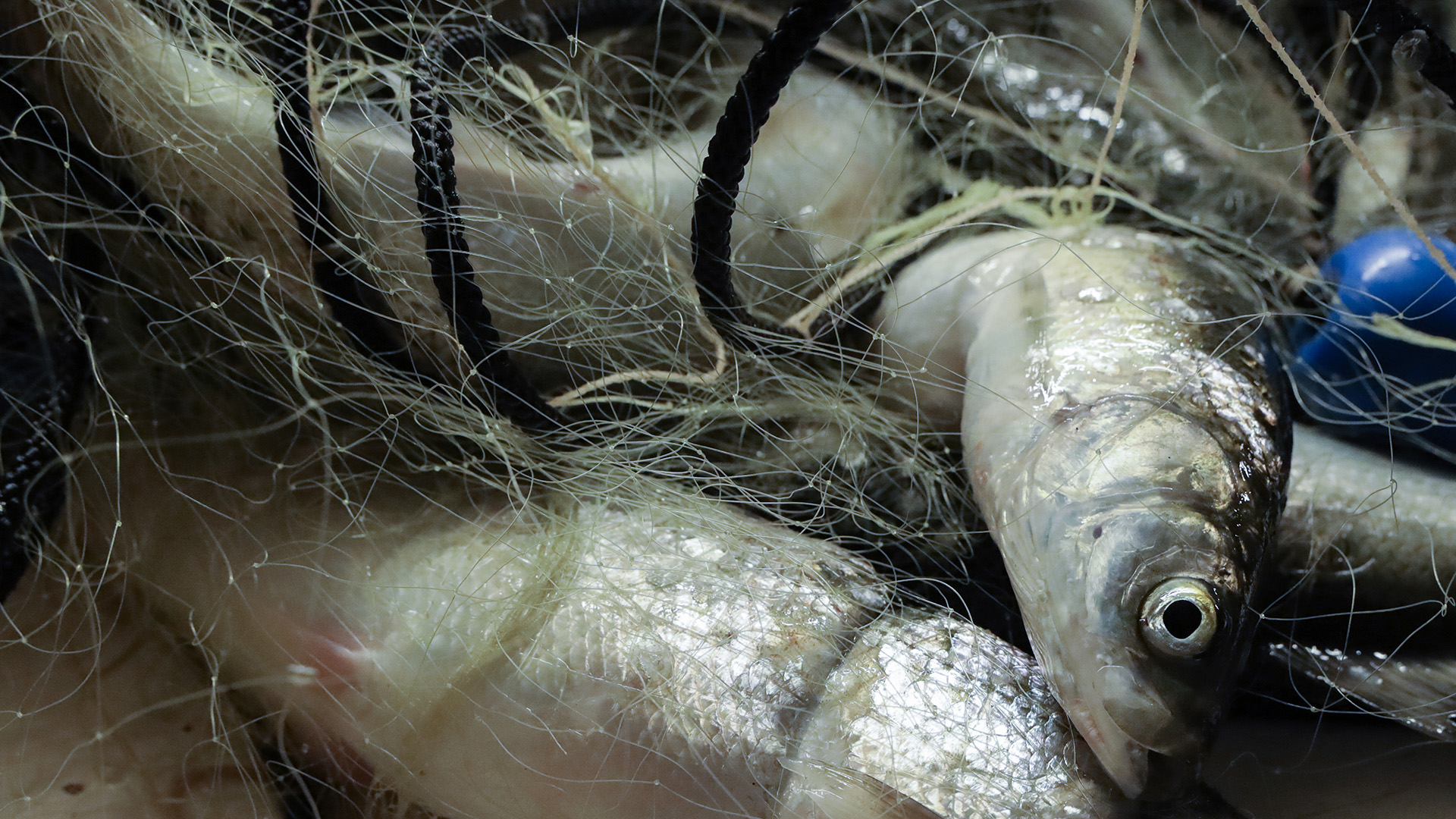Gourmet fish bladder races chicken, beef to profitability in Singapore’s lab meat push
/cloudfront-us-east-2.images.arcpublishing.com/reuters/K455KIZAWVMCFC4X7LI3UHJ4XE.jpg)
SINGAPORE, March 6 (Reuters) – Huber’s Butchery in Singapore’s lush Dempsey Hill is the lone restaurant in the environment promoting lab-grown meat, but the provide is so restricted there are just 6 servings – cultivated rooster in a salad or on kebab sticks – only on Thursdays.
Two a long time soon after Singapore greenlighted lab-grown meat for human intake, mass production has still to get started.
The sluggish development is mostly due to substantial creation expenses and underscores worries going through the nascent industry in search of to meet up with demand from customers for choice protein that does not damage animals or harm the environment.
On the other hand early signals exhibit that gourmand products and solutions could transform a income sooner than day-to-day meats like chicken.
As of 2022, Singapore has lured all over 30 organizations doing the job on option proteins, wanting to improve its food security. The city-state imports 90{95221ed7c1b18b55d17ae0bef2e0eaa704ccc2431c5b12f9d786c88d1acb538d} of its food and wants to lower that to 70{95221ed7c1b18b55d17ae0bef2e0eaa704ccc2431c5b12f9d786c88d1acb538d} by 2030.
So significantly, U.S. startup Try to eat Just’s hen on Huber’s menu is the only lab meat solution obtainable.
Hottest Updates
Watch 2 a lot more stories
The technological, regulatory and scale boundaries to entry for cultivated meat are pretty large in comparison to plant-based meat, said Didier Toubia, chief government of Israel’s Aleph Farms, which helps make cultivated beef steak.
Cultivated meat is derived from little samples of cells from livestock, which are then fed nutrition, grown in massive metal vessels referred to as bioreactors, and processed into a little something that seems to be and tastes like a serious slash of meat.
“I think we will never see several companies … be successful and likely into the current market, which will also avoid the commoditisation of cultivated meat items,” Toubia informed Reuters.
GO High quality
Advances in manufacturing have assisted several firms reduce output fees by as a great deal as 90{95221ed7c1b18b55d17ae0bef2e0eaa704ccc2431c5b12f9d786c88d1acb538d} from when they very first commenced years again, industry executives mentioned.
Try to eat Just and Avant Meats, for instance, have cracked the code on changing fetal bovine serum, located in the blood of fetuses extracted from cows all through the slaughter approach, with nutrients to create cultivated meats.
Take in Just has created “important progress” in reducing costs for each chicken nugget from $50 earlier, but has not reported by how a lot.
“It is also large and it’s uncomfortable … We reduce revenue each and every time a person enjoys our cultivated hen,” Take in Just CEO Josh Tetrick reported.
Huber’s sells the Eat Just cultivated hen meals for about S$19 ($14).
Expenses continue to be so superior that Take in Just has pushed out its forecast for turning a gain to the stop of this ten years, 9 several years afterwards than formerly projected.
Hong Kong-based mostly Avant Meats is much more bullish than Consume Just, with ambitions to make a quality meals, cultivated fish maw.
Fish maw is the swim bladder of a fish, a delicacy prized in China that could fetch up to thousands of dollars for every kilogram, based on its quality.
The enterprise is awaiting regulatory acceptance from Singapore for its solution and options to develop a pilot plant to commence producing it in early 2024.
Avant Meats CEO Carrie Chan claims the business can make cultivated fish maw for the exact same price tag as traditional fish maw and expects to be in a position to market it for about the similar rate as the high quality pure product or service.
“We are likely to have some margin on the gross stage … We’re not subsidising ourselves,” Chan explained.
Tests Floor
Consume Just ideas to open up Asia’s premier plant for lab-grown meat in Singapore later on this year to make “tens of 1000’s” of kilos of meat.
Other individuals are catching up in a current market that McKinsey estimates will improve to $25 billion by 2030.
Singapore-based startup Esco Aster, whose smaller 2,000 liter bioreactor is the only approved facility in the place and employed to make Try to eat Just’s cultivated hen meat, reported it is getting ready to increase $60 million to develop a 50,000 liter facility.
It is also partnering with other startups to develop cultivated pork and beef, Esco CEO Xiangliang Lin said.
Following raising a file $5.1 billion in 2021, in accordance to the Fantastic Foodstuff Institute (GFI), a analysis group, the alternate protein sector faces a challenging funding outlook, owing to a sharp deterioration in demand from customers for plant-based meat, weak economic disorders and low visibility for around-expression profitability.
Gautam Godhwani, running associate at undertaking cash company Very good Startup, nevertheless, claimed the providers that do realize success would make a huge affect on the food program.
“And I think we are likely to create extremely, very big enterprises,” Godhwani claimed.
($1 = 1.3436 Singapore bucks)
Reporting by Chen Lin in Singapore Extra reporting by Xinghui Kok Editing by Miyoung Kim and Sonali Paul
Our Specifications: The Thomson Reuters Belief Rules.







